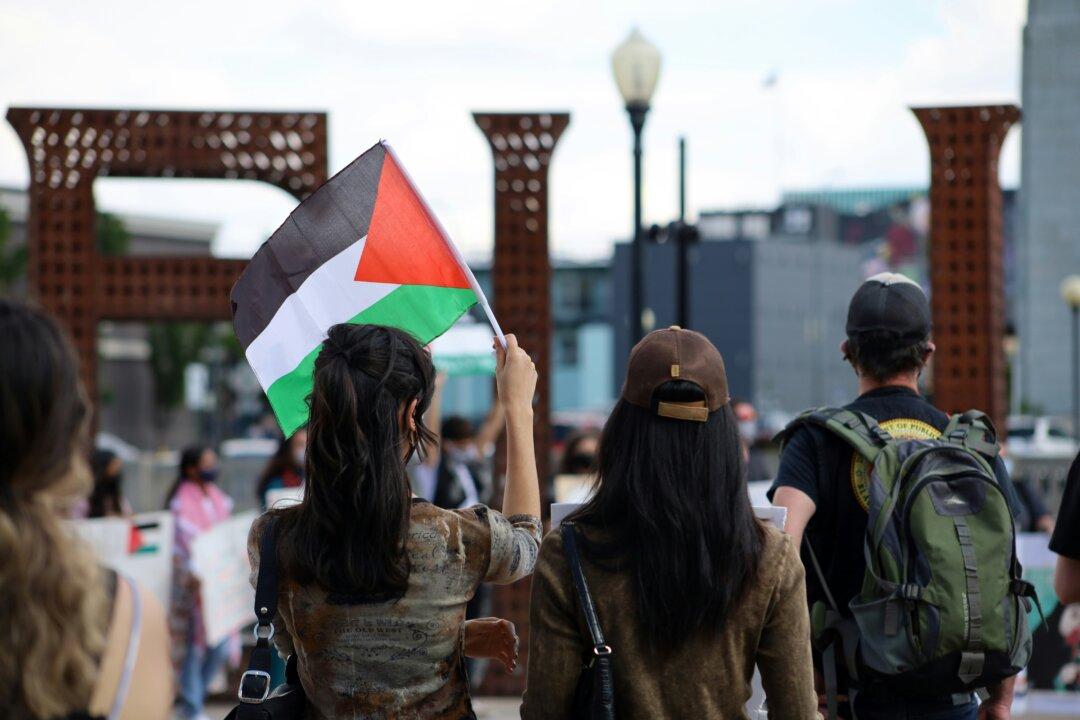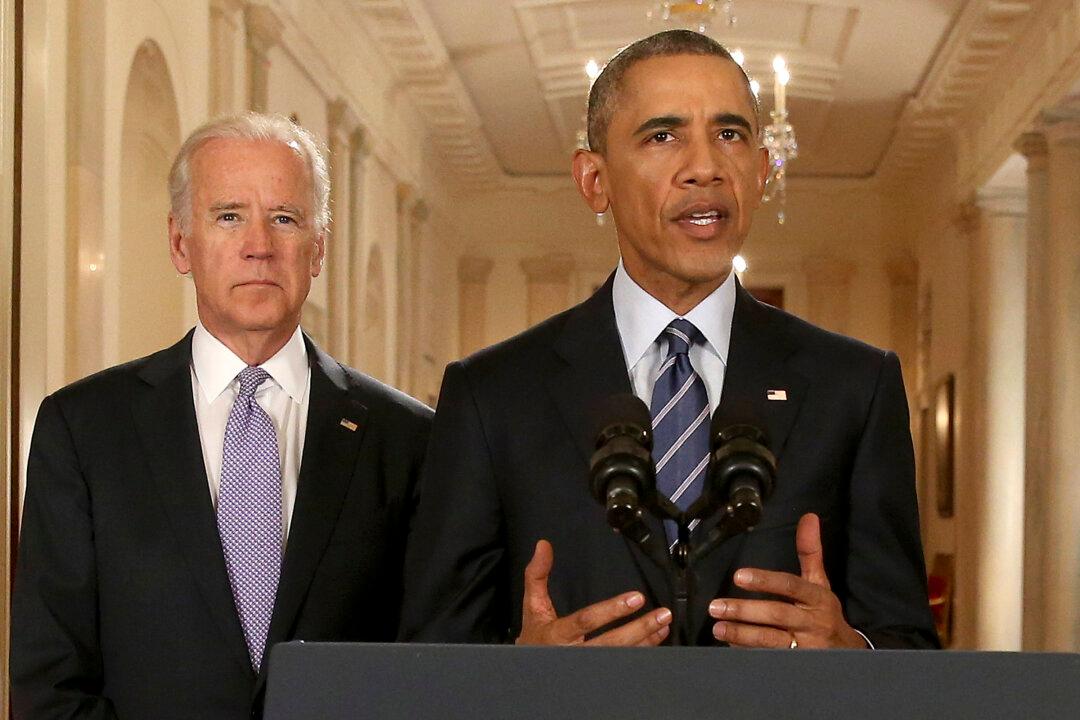Commentary
“Ultimately,” contends Sen. Chris Murphy (D-Conn.), the next Israeli government “is going to have to put us back on a path to have a Palestinian state. That’s not easy, but it is the only way forward for Israel, is the only way forward for long-term peace.”





